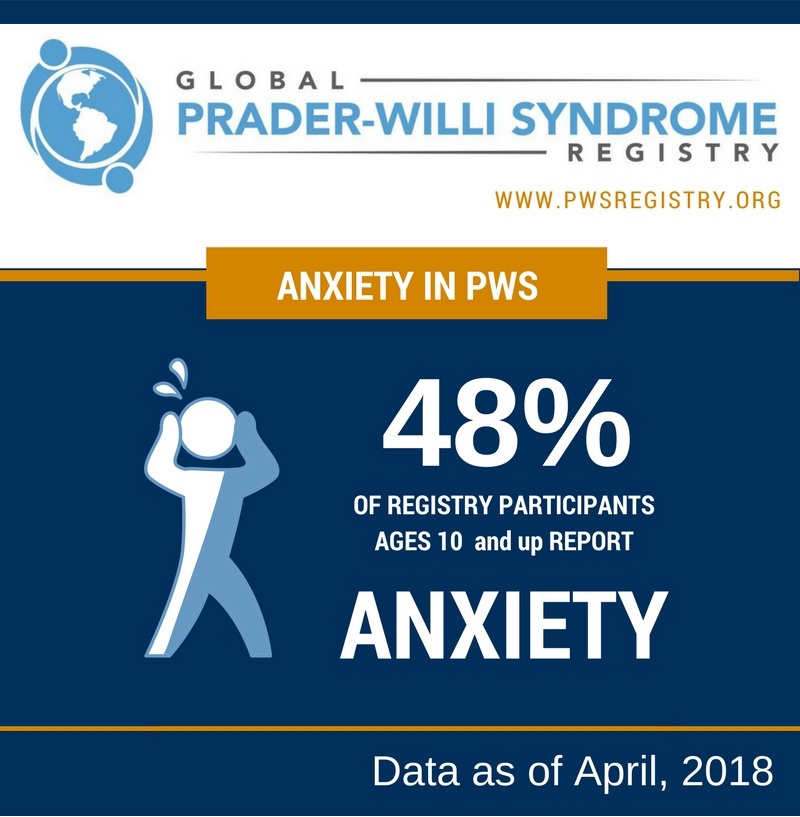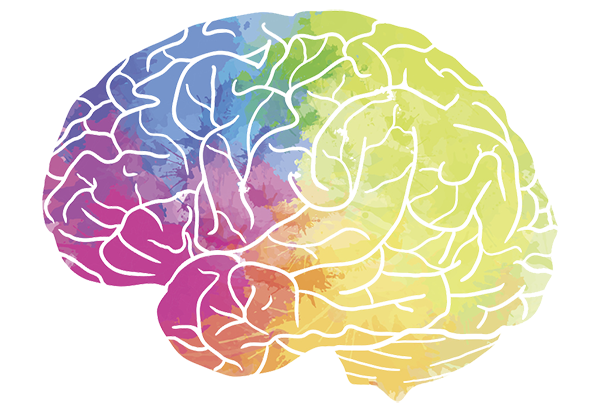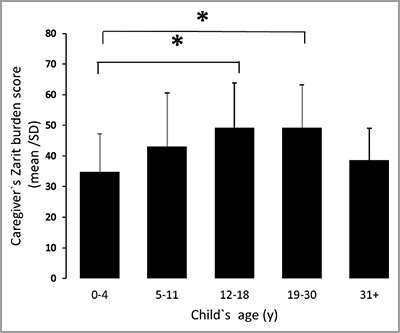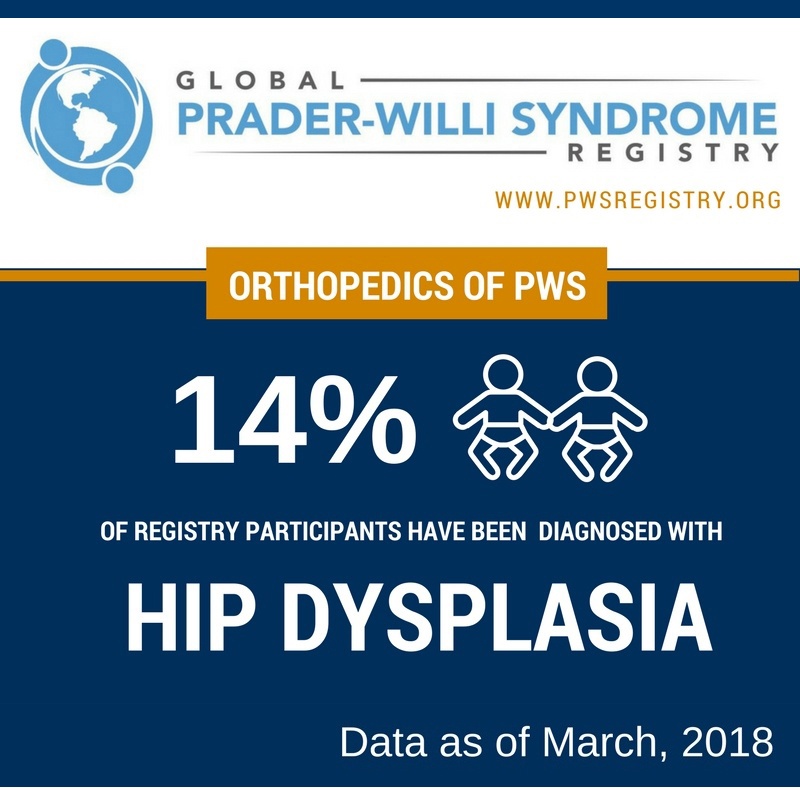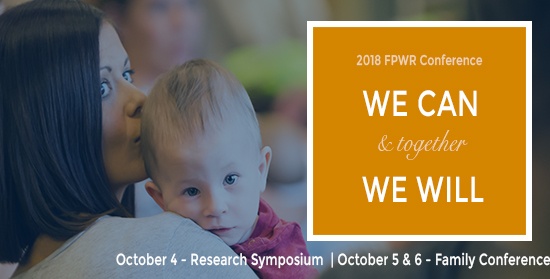Topics: Research
Soleno has announced the opening of their first clinical trial site for a Phase 3 study of DCCR to measure the drug's efficacy for treating hyperphagia in PWS. That site is Seattle Children’s Hospital.
The Foundation for Prader-Willi Research announces our first round of Research Awards in 2018 totaling $615,000. FPWR is dedicated to supporting research that advances the understanding and treatment of Prader-Willi syndrome (PWS) and to that end, ha...
Topics: Research
Anxiety is a common challenge for our loved ones with PWS. Recently, we reviewed responses in the Global PWS Registry related to anxiety. According to registry respondents, anxiety is an issue for 48% of individual with PWS ages 10 and up.
Topics: Research
It is an exciting time in PWS research, with multiple new clinical trials on the horizon this spring and through the end of 2018! There is already buzz throughout the community about upcoming studies, providing a wonderful opportunity for an open dia...
Topics: Research
FPWR is partnering with Autism BrainNet to collect and study post-mortem brain donations. Through this partnership, we aim to raise awareness about the importance of post-mortem brain donation, streamline the donation process for families, and enhanc...
Topics: Research
Many thanks to Dr. Wevrick for contributing to this blog. A newly published study has shown that mice taking a diazoxide treatment lost weight, and that this occurred even in mice lacking the PWS-region gene, Magel2. The study, which is the first lon...
Topics: Research
PWS places a high burden on caregivers, impacting many aspects of their lives, according to a new publication in PLOS. The publication, High Levels of Caregiver Burden In Prader-Willi Syndrome, is the first stemming from the work of the PWS Clinical ...
Topics: Research
Many people with PWS have at least one orthopedic (bone/muscle) problem. A recent paper examines the how often hip dysplasia occurs in children with PWS (spoiler alert — it may happen more often than was previously thought), and offers new recommenda...
Topics: Research






